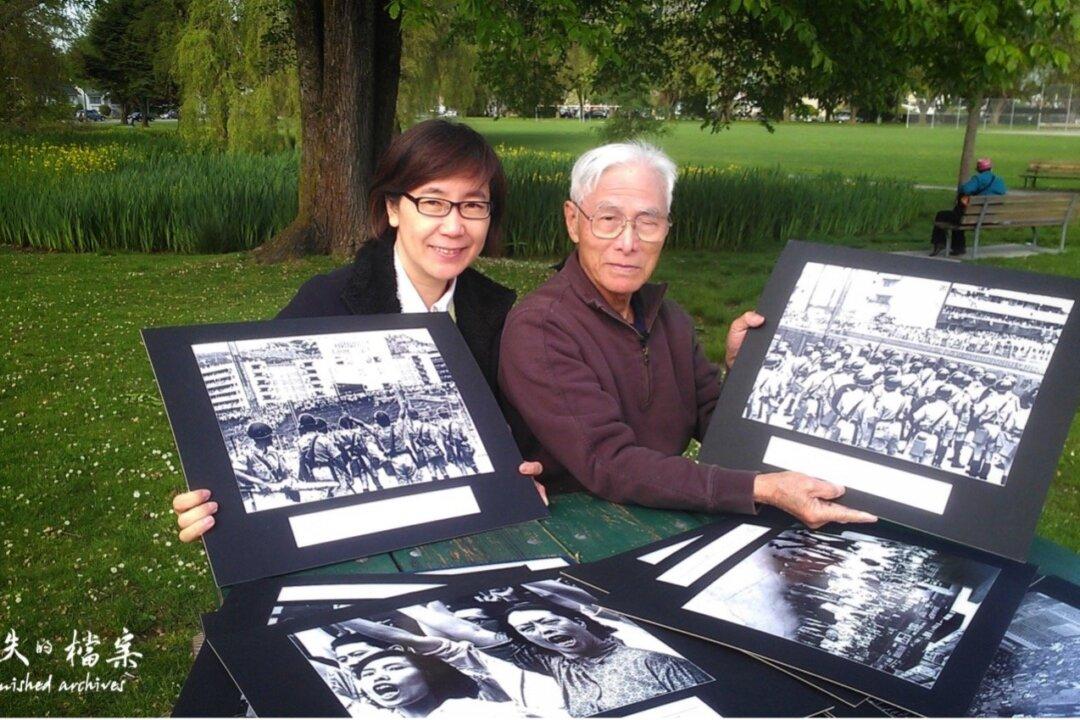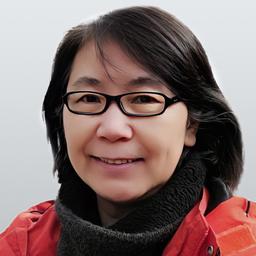Commentary
In the heart of Hong Kong’s bustling metropolis, there existed a silent observer whose lens captured the essence of a city in flux. Chan Kiu (1927-2024), a photojournalist luminary, passed away recently, leaving behind a legacy etched in silver halide and pixels.


